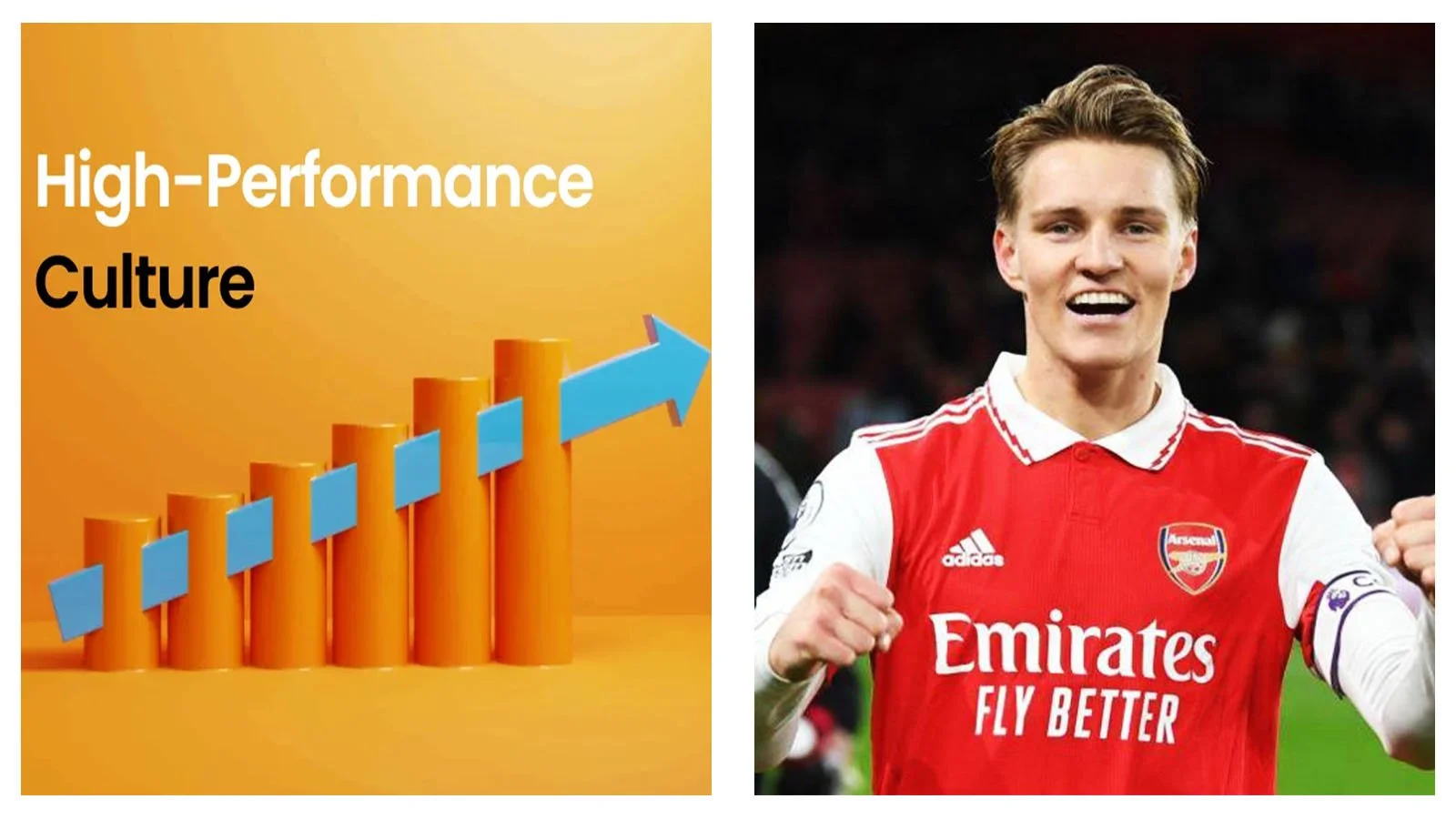Which clubs will be most affected by the Premier League’s shirt sponsorship overhaul?
There has always been an association of sorts between football and betting, however, in recent years, gambling has been woven even deeper into the sport’s cultural fabric.
In fact, betting has never been more “front and centre”, with firms buying up prime time advertising slots around live matches on TV and numerous clubs donning bookmaker branding on the front of their shirts, especially in the Premier League.
However, in April 2023, the Premier League announced its intention to enforce a groundbreaking ban on gambling shirt sponsors, starting from the 2026/27 campaign.
Accepted as a voluntary measure by all of the division’s clubs, the new policy aims to limit some of the sponsorship links and gambling promotion in England’s top flight.
Yet, as the 2025/26 rumbles on, the final hurrah for some of football’s most lucrative shirt sponsorship deals is on the horizon, with many Premier League clubs facing the prospect of dealing with major financial shortfalls and fallouts.
Which Premier League clubs are in the firing line?
The brands behind some of the region’s biggest betting firms and top UK casino sites have very deep pockets and understand the marketing power that an association with a high-profile club can have.
Shelling out for a shirt sponsorship in the Premier League isn’t a roll of the dice, it’s an ace in the pocket.
While the division’s biggest names like Man Utd, Liverpool, Arsenal and Man City have been able to secure lucrative deals elsewhere, a good chunk of the chasing pack have accepted big financial packages from betting firms to help them compete.
At present, more than half of the Premier League’s 20 clubs (see below) have a betting brand as a shirt sponsor.
Aston Villa – Betano
Bournemouth – bj88
Brentford – Hollywood Bets
Burnley – 96.com
Crystal Palace – NET88
Everton – Stake.com
Fulham – SBOTOP
Nottingham Forest – Bally’s
Sunderland – W88
West Ham – Boyle Sports
Wolves – DEBET
READ MORE: How to ‘actually’ cultivate culture: Lessons from high-performing sport cultures
The economic implications
The impact on the bottom line for many of the Premier League clubs involved will be considerable.
According to some statistics, gambling deals fetched more than £100million collectively last term, fuelling up to 20% of some clubs’ total commercial income.
When the ban comes into place, analysts are forecasting a 38% plunge in front-shirt values, which could potentially quarter, or even half, deals for some of the league’s vulnerable clubs like Bournemouth or Fulham, who could lose over 50% of their sponsorship worth in one fell swoop.
Everton’s deal with sportsbook and casino company Stake exemplifies what’s at risk.
The Toffees earn more than £10million a year from their front-of-shirt sponsor, and it won’t be easy to find a replacement amid fierce competition for blue-chip brands.
Relegation adds another layer of complication to the issue, with teams in the Championship still allowed to flaunt bookmakers and casinos as sponsors.
Meaning that any team that drops down to the second tier will be spared the hassle of chasing new deals, which would have compounded the loss of the Premier League TV money.
Creative workarounds and ethical concerns
While the clampdown on gambling advertising in football continues to gather momentum, clubs have been finding workarounds and exploiting loopholes to ensure that sponsorship money from links with sportsbooks and casinos continues to flow.
Hidden agreements with unlicensed Asian operators, which are geo-blocked in the UK, but beam logos to Chinese audiences via streams, still exist.
Chelsea’s ties with Kaiyun Sports, for example, fall into that kind of category.
Kaiyun has next to no footprint in Britain, but are prominent players abroad, and their link-up with Chelsea is part of a sort of shadow economy that the Gambling Commission struggles to police.
Sleeve sponsorships, which are exempt from the ban, offer another lifeline meanwhile, while pitch side advertising LEDs and training kid sponsors will continue to keep brands in full view.
As a result, the front-of-shirt sponsorship ban has been labelled as a “half measure” by some critics.
In reality, the revenues these sports betting companies and online casinos supply help to keep the machine oiled.
Without financial support, the Premier League product fails, which is something the authorities must continue to acknowledge.
READ NEXT: F1 news: Lando Norris hits back at critics after perfect Sao Paulo GP weekend


